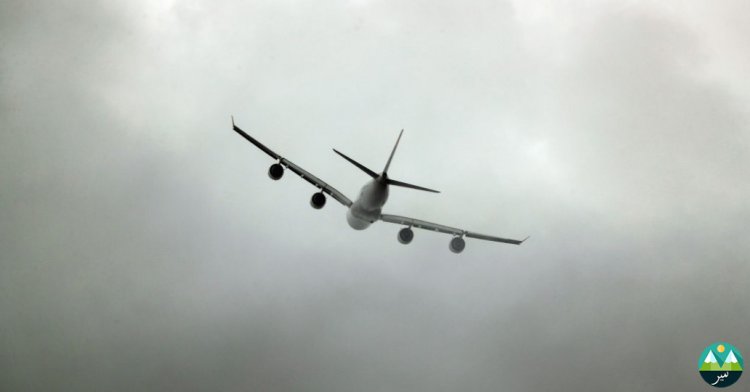How Fog is affecting Air Travel

Fog is one of the major travel hazards which can delay or cancel your flights. It is more of an issue in the winter season. While planning your journey you should keep in mind that fog can affect your air travel in different ways.
This blog will help you understand fog and how it is affecting your travel.
What is Fog?
Fog is formed by tiny cloud droplets of water that are suspended in the air at or near the surface of the earth. Fog happens when there is extreme humidity in the air. Water vapor condenses with the tiny particles of dust present in the air and forms fog. It occurs from late autumn till the end of February.
How thick is the fog?
Visibility of less than 1,000 m defines Fog. This limit is for aviation fog which affects flying operations, particularly landing and take-off. For the general public and road travel, an upper limit of 200 m is more suitable.
How does fog affect travel?
Due to reduced visibility, fog can affect road and air travel. Fog often appears after sunrise but on some days it may last all day. Flying in fog is extremely challenging, even for experienced pilots. It is not always easy to predict the fog, so we have to be prepared while traveling.
Can Planes land in fog?
Some planes are capable of landing in thick fog, but it depends on the type of planes and the availability of facilities at the runway and airport. During a normal landing, the pilot disconnects the autopilot and lands the plane manually. During thick fog, it is not possible for a pilot to manually land the plane because the visibility is less than 550m. The pilot has to carry out an auto landing in this situation, where the plane autopilot lands the plane automatically.
Flight delays or cancellations due to fog
Poor visibility and thick fog can sometimes cause flights to be delayed or canceled. Fog affects airport operations in several ways. If there is extreme fog at the destination airport, planes may be landed at another airport for safety purposes.
Many passengers can face delayed flights or sometimes, the flights can be canceled. It is because the flight operations have been slowed down due to foggy conditions. When a plane take-off or lands, they enter the protected zone. There must be a greater distance between the plane taking off and the landing plane to ensure that the plane is not affected by signal disturbance. To increase the spacing between planes, the number of flights is reduced. That's why some flights are delayed and some get canceled.
Will you get compensation for delayed or canceled flights?
Unfortunately, no. The passengers which are unable to fly on time due to bad weather conditions are not entitled to any compensation. Fog is a part of extraordinary circumstances, in which airlines are not responsible for any trouble.
Advice for traveling in fog
-
Avoid travel if possible
-
Get the latest forecasts and advisories from NOAA's Aviation Weather Center.
-
Follow the Federal Aviation Administration mandated guidelines and flight rules.
-
Be aware of the freezing fog. It is advised not to travel at all in that condition.



















